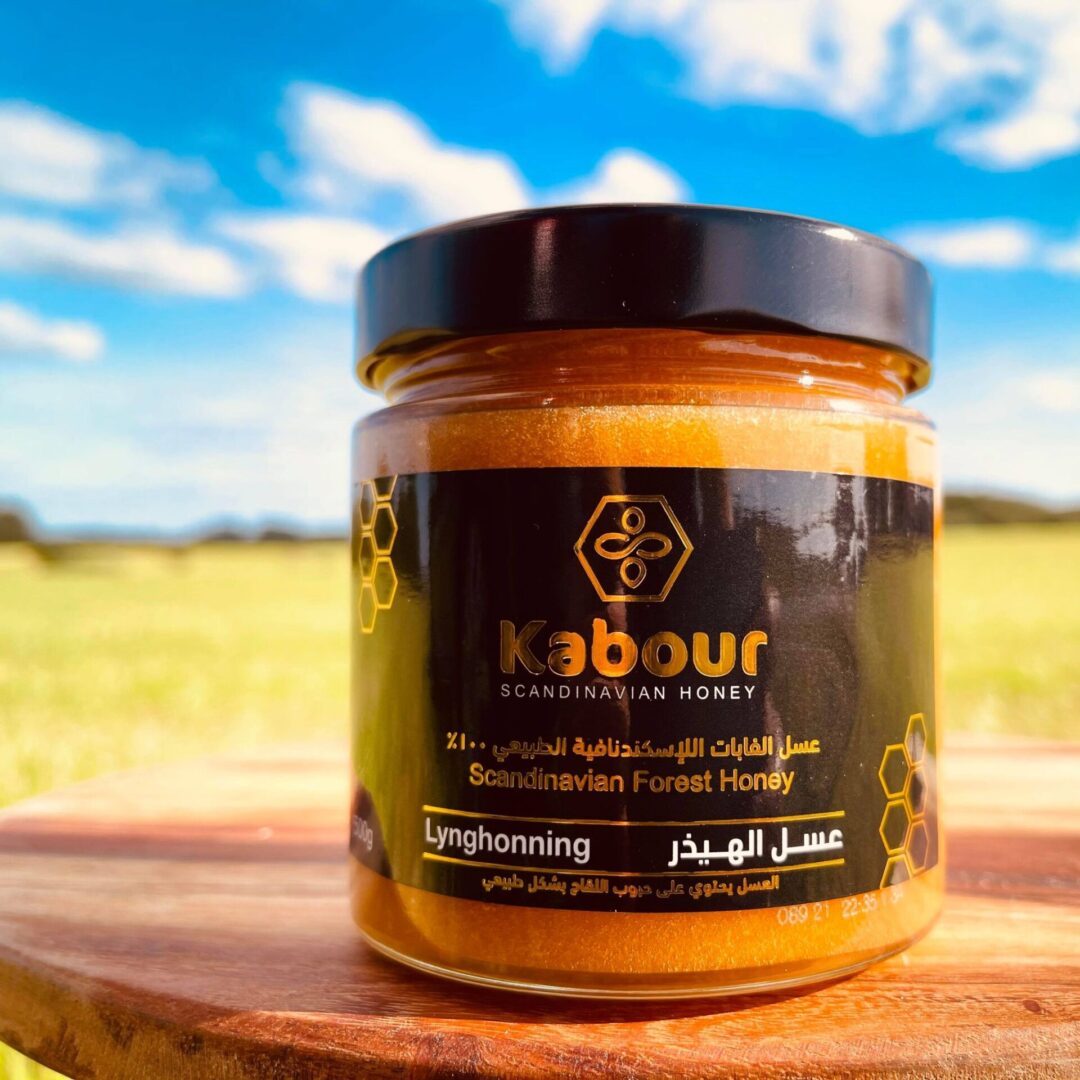Manuka honey is nothing!!
A study says that heather honey should be a sacred food for you
Shall we say goodbye to manuka honey in front of the superiority of heather honey?
A new study claims that the health benefits of Irish heather honey are comparable to manuka honey.
The benefits of manuka honey are well known but a very small bottle could cost around £40 –
It has become very popular in recent years as honey with medicinal properties: it has high antioxidant, antibacterial, antidiabetic and anti-inflammatory properties.
But, new research suggests that cheaper heather honey can provide a major boost to health.
This is confirmed by a study conducted by Dublin City University and Trinity College Dublin, where researchers found that heather honey contains as many powerful antioxidants (called phenolic compounds) as its more expensive counterpart, manuka.
Antioxidants are very beneficial for our health because they help prevent damage that occurs in the cells of the body, and have also been shown to be effective in fighting infectious diseases and greatly aiding recovery.
These conclusions were reached after researchers donated 131 honey samples from beekeepers across Ireland. The samples were a mixture of polyfloral honey (some urban, some rural), ivy honey, rapeseed oil honey, and three types of heather honey.
They found that heather honey had the highest total phenol content (and thus the highest in antioxidants) of all the honeys tested — and even higher than manuka honey itself.
“Being able to quantify the amount of Irish honey that is high in phenol, especially since the content in heather honey is comparable to manuka honey, is very exciting to us,” says Dr. Planid White from Dublin City University.
“Our research shows that heather honey is a high quality product and we should really appreciate it. Interest in beekeeping and honey production is growing in Ireland, and we are pleased to be able to support this.
The study was published in the British Independent.

